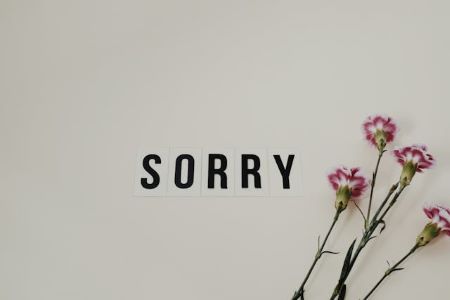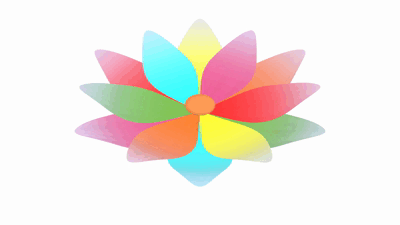So often, I hear clients express how they feel guilty about things they have done. Sometimes these acts occurred ages ago, while others are more recent. Additionally, clients feel guilty about things they haven’t done but wish they had.
At times, guilt can stem from not fulfilling a one-off or ongoing commitment.
Guilt can merely be a passing shiver, but it can also weigh heavily, eating away at you persistently and comprehensively. Some people can easily shrug it off, while others struggle incessantly to shake its grip.

Guilt is just one of the many emotions we experience daily. This dreadful feeling can catch us off guard when we recall or utter something hurtful without much thought.
If each of these emotions is designed to keep us alive or safe in some manner, what are we supposed to do with guilt?
What does it signify?
Guilt is designed to teach us the difference between right and wrong. When I misbehaved as a child, my mother scolded me and made me sit on the “naughty step” – a chair behind the kitchen door in my house. It wasn’t the time spent on that chair, the punishment itself, that deterred me from repeating the same misbehaviour. It was because I didn’t want to experience that horrible feeling in my stomach and chest again. I empathised with the sibling I may have hurt, feeling their pain or sadness. Guilt informed me that such behaviour was unacceptable.

So, guilt serves a practical purpose. While notions of right and wrong vary depending on cultural, religious, or moral contexts, the emotion itself is universal. Virtually everyone, apart from a psychopath, experiences guilt, and thankfully, the number of psychopaths in our society is very low.
However, many people struggle with persistent historical guilt, which can haunt them for extended periods, consuming their thoughts and sometimes paralyzing them. So, how do we rid ourselves of this burden?
When we feel guilty, about anything really (remembering that guilt is meant to teach us the difference between right and wrong), we can ask ourselves the obvious question: What did I do wrong?
Sometimes, upon closer examination of the facts, we might conclude that we didn’t do anything wrong at all. We may have acted as we did because others instructed us to, or we didn’t give it enough thought. If our conclusion is that we actually didn’t do anything wrong, then we can release the guilt. It was misplaced and served no purpose. Hence, a reality check can be quite helpful.
On the other hand, if we conclude that we did indeed do something wrong, then we have three possible options:
Firstly, we can apologise for our wrongdoing to the person or group involved. If our apology is accepted, then guilt has served its purpose, and we can let it go. There is no longer a need for it; we have acknowledged our wrongdoing and expressed remorse. We can move forward.

Secondly, we can repair. If, for instance, I break my neighbour’s window and have it replaced and paid for, then I have rectified the damage. I no longer need to feel guilty; I can move on.
Sometimes, the damage is emotional rather than practical. Repairing can involve listening to and actively understanding the other person’s pain and situation. We can inquire about how we can make amends for the harm caused, strive to improve the situation, and be humble enough to examine our own motives.
Lastly, if an apology or repair is not possible, we can learn a lesson. We reflect on our actions, pledge never to repeat them, and thus, we no longer need to harbour guilt. We can let it go.
Although all of this may sound simple and straightforward, in reality, it often requires considerable reflection and self-compassion to let go of guilt. Taking the time to sit down and write your story, engaging in the reality check exercise mentioned above, can be helpful.

Ask yourself if you indeed did something wrong and, if so, what it was precisely. Note down the options in your specific situation and gather the courage to apologise, repair, or learn from the experience. We all deserve to move on. More often than not, your courage and efforts will be appreciated, and you will feel much lighter for it. Ultimately, guilt can lead to personal growth.
If we heed its message & work through it, that dreadful feeling can actually contribute to making us better people.
Main – Photo by Andrea Piacquadio





